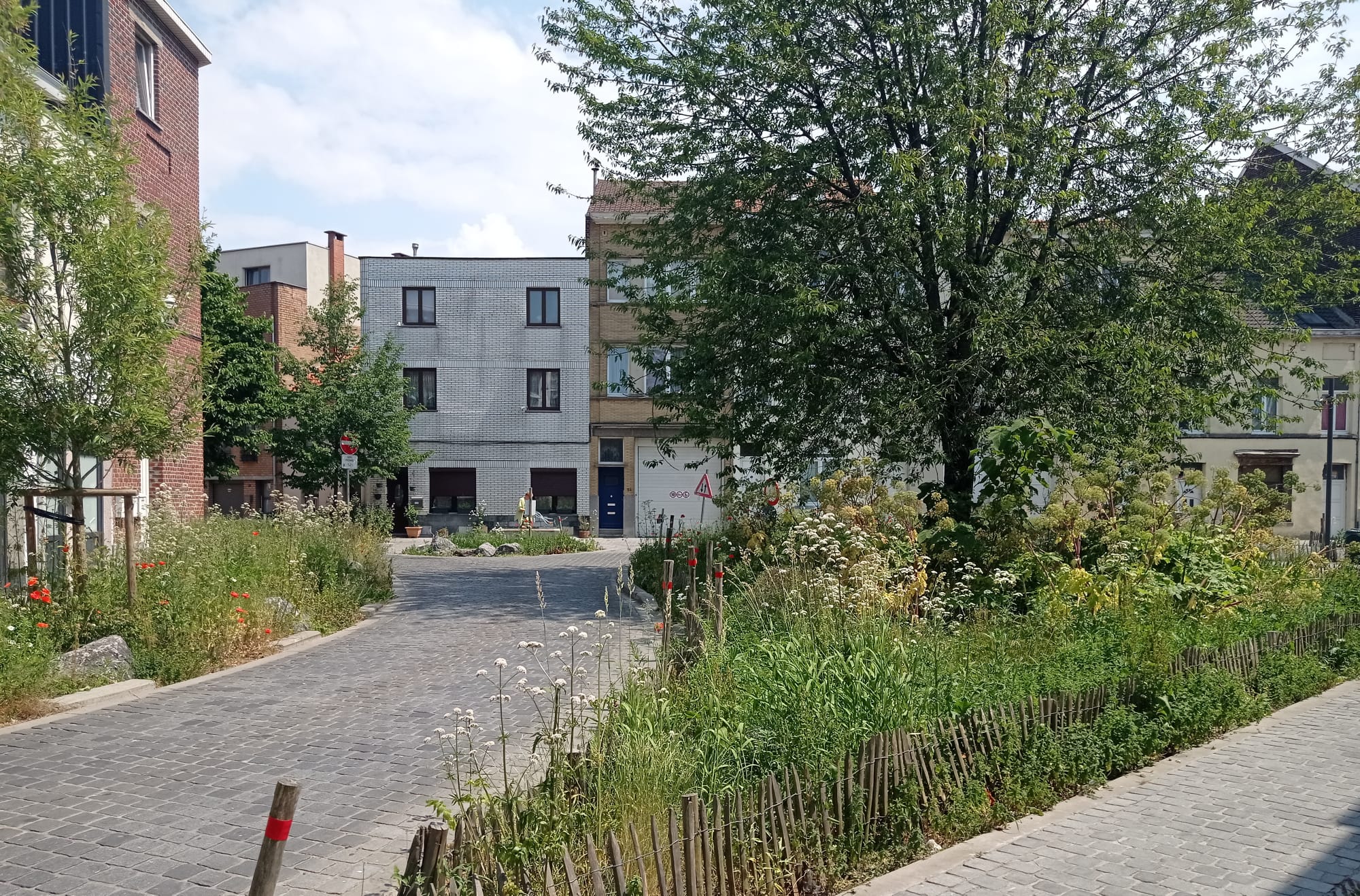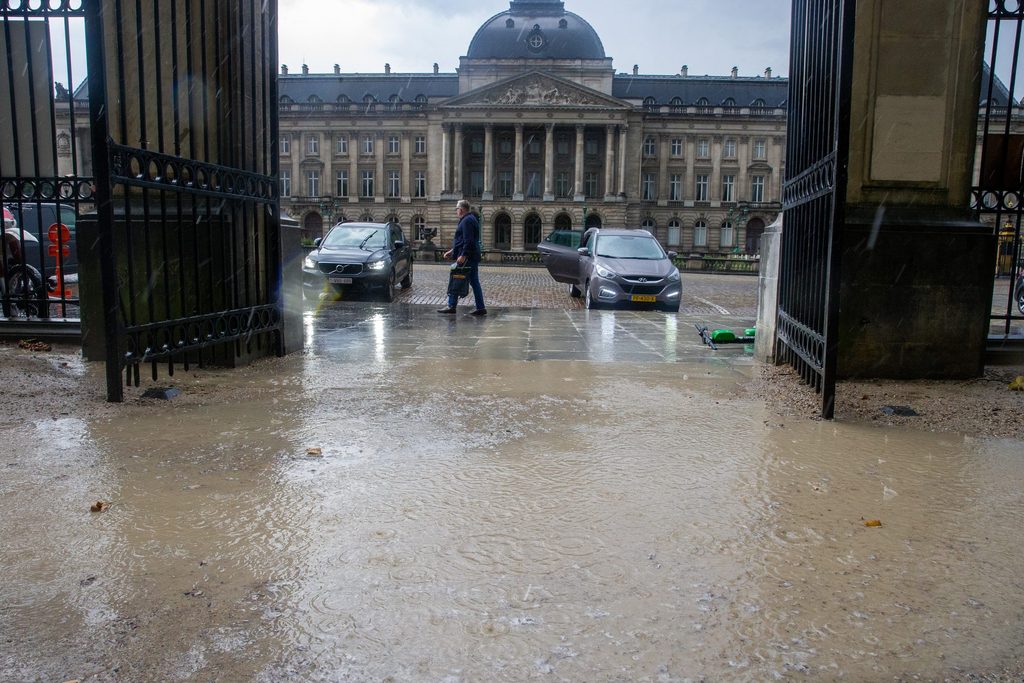The recent drought and the fatal floods of 2021 have been a wake-up call for the Brussels Government, spurring it to rethink the way it manages rainfall in the region.
Last year, Brussels launched its new Water Management Plan 2022-2027. Its aim is to strengthen the region's resilience to flood and drought by allowing rainwater to infiltrate the soil, which is rarely the case in the current over-constructed state of the capital. This has proven to be problematic during long periods of drought followed by heavy rainfall.
"One of the plan's main objectives is to put water back at the centre of the city through new rainwater management so it can seep into the soil as much as possible, instead of being systematically drained into the sewers," said Brussels Minister for Climate Transition and Environment Alain Maron.
This principle turns rainwater into a resource instead of being discarded and wasted. The Brussels Government gave the green light to the water management plan on Thursday, Maron announced.
Reducing costs
The plan, which Maron argues provides an integrated response to the challenges associated with water management, is subdivided into eight major pillars of action. These range from the quality of surface water and groundwater to the prevention of flood and drought risks, including the economic aspects of water use and its enhanced presence in the urban environment.
However, it will mainly focus on doing "everything possible" to ensure that rainwater seeps naturally and locally into the soil, which will be made permeable in conjunction with the ecological restoration and greening of public spaces, so the rain no longer enters the sewers.
This will not only make the city greener and better adapted to climate change, but it will also reduce the need for costly and time-consuming infrastructure projects, such as constructing stormwater basins and expanding drainage systems to prevent overflow during heavy rainfall.

Rain gardens in Forest. Credit: Belga / Alain Maron
According to Maron, Brussels Environment is already developing its green spaces according to this principle, including in Forest, where rain gardens have been designed so that rain seeps locally into the soil. In the municipality, private properties must also install water management systems.
In Jette, a wadi (a ditch in the ground with a volume of 300 m3) has been constructed, in which all the runoff water from the two asphalted lanes of that street is collected.
Related News
- Three dams in Wallonia take preventative measures against heavy rains
- Brussels firefighters called out 26 times for bad weather
The wadi provides "significant relief to the sewerage network in the Dielegem Abbey neighbourhood (a flood risk zone) and to the Molenbeek Valley collector downstream."
With the Water Management Plan 2022-2027, Maron concluded that, "the Brussels Government intends to gradually extend rainwater management at the source to the entire region."

